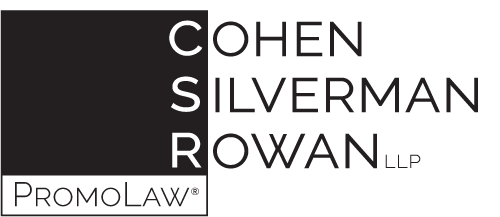In 2007, the Federal Trade Commission settled a complaint against adjustable bed seller Craftmatic Industries, Inc. for alleged violations of the Telemarketing Sales Rule. The action against Craftmatic was part of a broader FTC crackdown on Do-Not-Call Registry violations which resulted in six settlement agreements and $7.7 million in civil penalties.
According to the FTC, Craftmatic violated the Rule in three key respects: (1) contacting persons whose telephone numbers were on the Do-Not-Call Registry; (2) calling persons who had previously indicated that they did not want to be contacted specifically by Craftmatic; and (3) failing to connect their telephone solicitation calls to a sales representative within two seconds of the consumer’s (i.e., the call recipient’s) completed greeting. Craftmatic agreed to pay a civil penalty of $4.4 million as part of the settlement.
Of the three violations, the first is perhaps the most significant. Craftmatic obtained consumers’ telephone numbers in the context of offering a sweepstakes promotion. The sweepstakes entry form apparently failed to advise consumers that, by including their telephone number thereon, they were granting Craftmatic permission to contact them via telephone, even if their telephone number was listed on the Do-Not-Call Registry. While the Telemarketing Sales Rule allows calls to a person whose telephone number is on the Do-Not-Call Registry with such person’s express agreement in writing (with his/her signature), Craftmatic’s sweepstakes entry form did not qualify for this limited exception. In the absence of any disclosure regarding Craftmatic’s planned sales calls and its impact on a consumer’s rights under the Do-Not-Call Registry (as well as the consumer’s signature certifying his/her understanding of same), the completion of a sweepstakes entry form did not constitute informed consent to receive telephone solicitations from the sweepstakes sponsor.
The Craftmatic settlement calls to mind the New York Attorney General’s enforcement action against Kitchen Magic, Inc. and The Great Atlantic & Pacific Tea Company in May 2005. In the Kitchen Magic/A&P matter, entry forms for “The Kitchen Magic Sweepstakes at A& P” noted that by providing one’s telephone number, he/she agreed to be contacted by Kitchen Magic about its products and services. The official rules – which were not included on the entry form – featured the more comprehensive disclaimer that in furnishing his/her telephone number the consumer was waiving his/her rights under the Do-Not-Call Registry. The New York Attorney General found the disclosure on the entry form to be wanting: it was not an effective waiver of one’s rights under the Do-Not-Call Registry. In the settlement, Kitchen Magic and A&P agreed to pay $100,000 in fines and costs.
This issue was also more recently addressed by New Jersey legislators in a sweepstakes bill originally introduced in May 2006. NJ Assembly Bill A2950 expressly included within the definition of consideration the grant of authorization to call a consumer whose telephone number is on the Do-Not-Call Registry; the bill went on to codify the so-called “standard lottery rule” that a consumer could not be required to furnish consideration in order to have a chance to win a prize in a sweepstakes. As of this writing, the bill is still pending.
In sum, if a sweepstakes sponsor insists on collecting entrants’ telephone numbers for use for solicitation purposes, it is strongly recommended that the entry form clearly and conspicuously disclose the sponsor’s intention as well as the fact that the consumer is waiving his/her rights pursuant to the Do-Not-Call Registry. Moreover, the consumer should be required to sign the entry form, unequivocally establishing his/her understanding of the ramifications of providing his/her telephone number. Anything short of the foregoing risks severe financial penalties.
Under the Telemarketing Sales Rule, a telemarketer may initiate a call to a person whose telephone number is on the Do-Not-Call Registry

